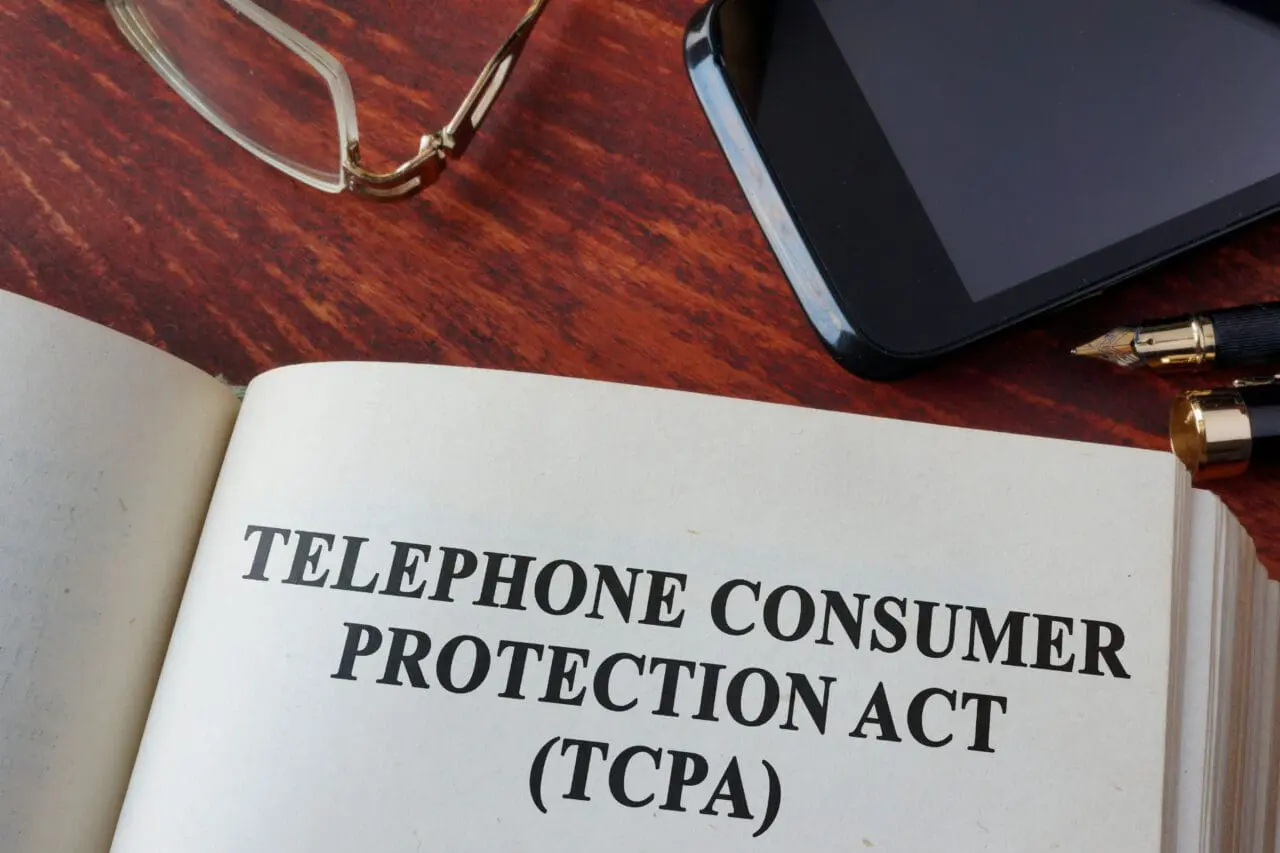

The recent ban by the Federal Communications Commission (FCC) on AI-generated voice Robo-Calls is a significant milestone in consumer protection under the Telephone Consumer Protection Act. This crackdown disrupts the burgeoning landscape of automated calls, often scams, targeting unsuspecting recipients. Consumers can now anticipate fewer intrusive calls and a decreased risk of being duped by fraudulent activities using AI-generated voices. The pivotal change holds promise in restoring some peace of mind to individuals who have been incessantly targeted by such calls, with the added measure of call blocking. However, as society moves forward into an era dominated by AI technology, the effectiveness and enforceability of this ban remain in focus, presenting a pivotal test for the FCC’s regulatory reach.
As artificial intelligence advances, the distinction between human and machine communication blurs, resulting in a rise in fraudulent activities masked as AI-generated robocalls. The Federal Communications Commission (FCC) is taking action to combat the malicious use of this technology in scams that exploit vulnerable family members. This crackdown represents a critical moment for AI ethics and regulation, emphasising the importance of balancing innovation and consumer safety. In response to this, businesses engaged in telemarketing must adapt, prioritising transparency and ethical practices to rebuild consumer trust. Implementing call blocking services can help thwart these robocalls and protect individuals from potential extortion attempts.
In an era where technological advancements have been exploited for deceptive practices, the move by the Federal Communications Commission (FCC) to outlaw unsolicited robocalls with AI-generated voices is a commendable stride in defending consumer interests. This action will significantly mitigate the proliferation of illegal calls, which have exploited AI to imitate celebrities and deceive unsuspecting individuals, often resulting in financial scams and identity theft. By blocking these calls, the FCC’s decision is poised to enhance the integrity of telephone communication, compelling companies to adhere to higher ethical standards and prioritise consumer consent. With the enforcement of these new regulations, the FCC not only aims to protect consumers from current threats but also sets a precedent for future measures against the misuse of emerging technologies.
The rapid advancement of voice cloning technology has brought forth a new wave of cyber deception, with bad actors exploiting these tools to create increasingly convincing cons. By imitating the voices of trusted figures or loved ones, these malicious actors have successfully swindled numerous individuals, compromising personal security and financial well-being. The recent crackdown by the Federal Communications Commission on illegal robocalls is a direct response to these exploitations, highlighting the pressing need for regulations to keep up with technological innovations that, while groundbreaking, also carry the potential for significant abuse. This ongoing battle against the dark uses of AI calls for vigilant oversight and proactive measures to block calls and protect the public from unwanted prerecorded voice messages.
In a decisive move to protect consumers, the FCC has taken action under the Telephone Consumer Protection Act to slam the door on unsolicited calls made by telemarketers using AI-generated voices. Telemarketing firms that have relied on these AI advancements now face the choice of reverting to traditional practices or facing stern penalties. This measure marks a significant shift in regulatory oversight, aiming to dismantle a key tool in scammers’ arsenal and reinforce the integrity of consumer communication. Companies that fail to comply not only risk financial repercussions but also the loss of consumer trust. The FCC’s action heralds a new era of telemarketing practices, prioritizing the consumer’s right to clear consent.
In an unprecedented collaborative effort, State Attorneys General across the nation are joining forces with the Federal Communications Commission to fortify the fight against misinformation and fraud facilitated by AI-generated voice Robo-Calls. This alliance underscores the seriousness of the threat that these fraudulent calls, including AI-generated robocalls that imitate celebrities, pose to consumers. These unwanted calls aim to confuse consumers and often result in significant financial and personal data losses. By presenting a unified regulatory front, this coalition amplifies the power of consumer protection laws and signals a robust, system-wide intolerance for deceptive practices. The partnership aims not only to punish and deter but also to educate the public about the dangers of such scams, ultimately striving to cultivate a safer and more informed consumer environment.
The prohibition on unwanted AI-generated voice Robo-Calls has significant implications for marketers who have traditionally relied on unsolicited automated calls as part of their outreach strategies. Consumer protection is now a priority, requiring businesses to reassess and modify their marketing models to ensure compliance with FCC regulations. This transition fosters approaches that respect consumer privacy and choice while championing the responsible use of AI-generated voices. Marketers must exercise greater creativity and personalisation in their campaigns to build genuine connections with their audience. Consequently, businesses that adapt to these changes and prioritise ethical marketing are likely to see a boost in consumer trust and loyalty, distinguishing themselves in an increasingly discerning marketplace.
As the FCC tightens its grip on the nefarious usage of AI-generated voice Robo-Calls, one can’t help but wonder about the effectiveness and longevity of these regulations in the face-off against crafty scammers. While these guidelines unquestionably establish a more secure telecommunication landscape, the chameleon-like nature of fraudulent schemes poses a challenge that is reactive rather than proactive. Scammers are known to adapt swiftly, invariably finding loopholes or employing newer technologies to outpace regulatory measures. It throws into question whether the FCC’s current actions will be a long-term deterrent or if they are merely a temporary setback for these nefarious operators. Subsequent efforts will need to be consistently adaptive and forward-thinking, possibly harnessing AI itself to counter fraudulent activities.
As election season approaches, the battle against AI-generated voice Robo-Calls intensifies, with candidates and committees now under increased scrutiny. The political realm, particularly during election cycles, is notoriously susceptible to misleading information, and the influx of sophisticated voice Robo-Calls could significantly undermine the electoral process. The FCC’s stringent measures are especially critical at this juncture to ensure that the democratic foundations are not shaken by the spread of false or manipulative messages voiced by artificial intelligence. Simultaneously, proactive collaboration with State Attorneys General sets the stage for stringent enforcement and public education efforts. This concerted effort is crucial to securing not just the commercial sectors but the very pillars of democracy from the misuse of AI technology in deceptive call practices.


